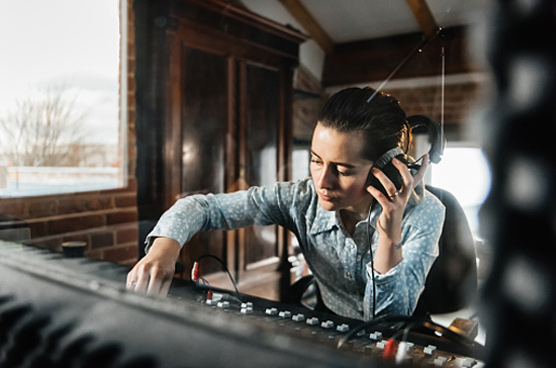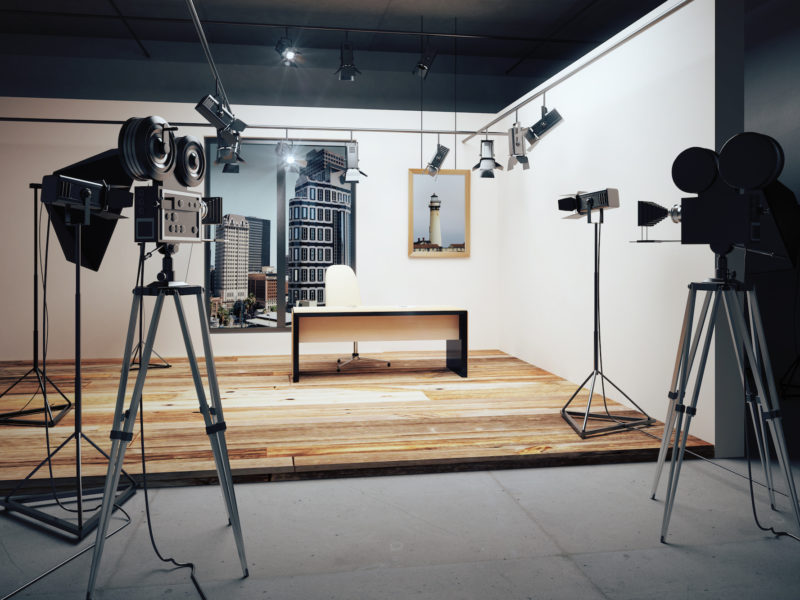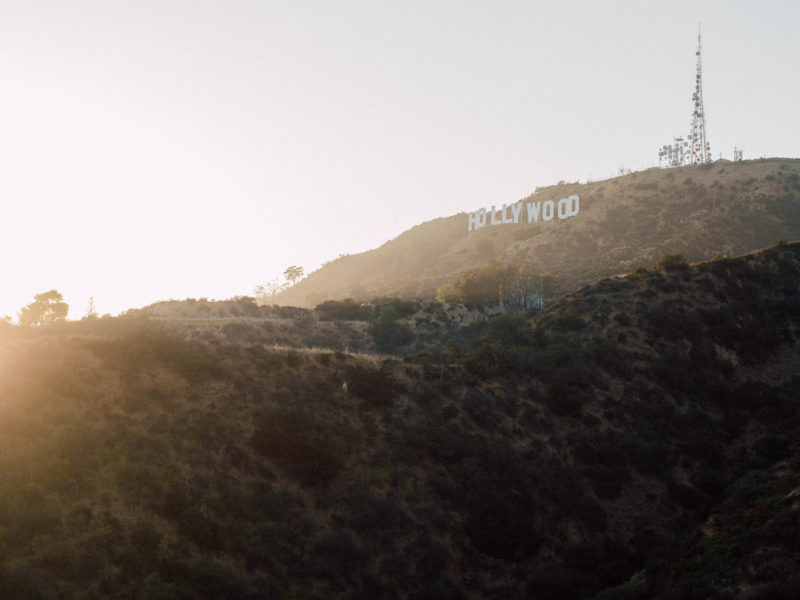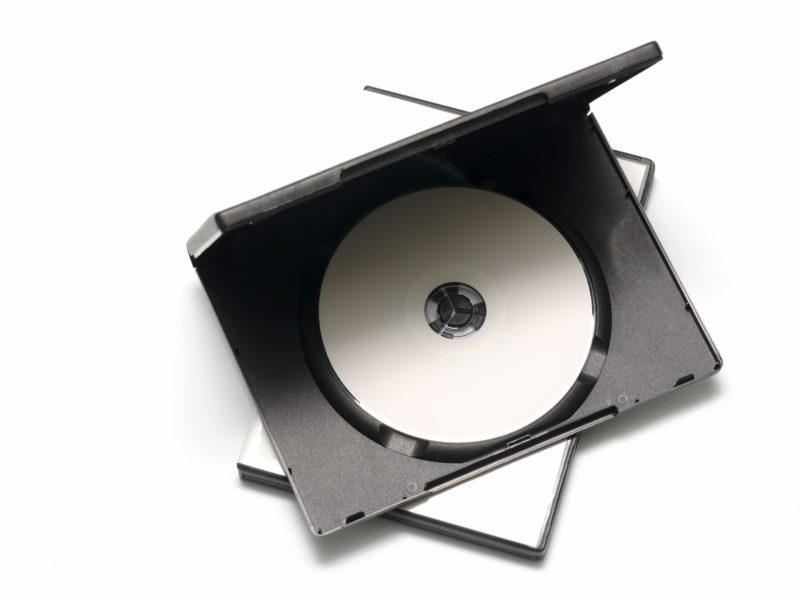Three easy steps
If you plan to use music in a film, TV or DVD production, there are certain rights you need to clear first. NCB can license your production in most cases, but there are exceptions when you need to contact the rights holder directly.
See more information below or download our step-by-step guide here.
Production types
-
TV production
A drama, reality show or other production, with the purpose of being broadcasted on TV.
-
-
-
-
-
-
Company presentation
A presentation made by or for a company to be shown to existing and/or potential customers.
-
-
DVD production
Physical copies of your production on DVD, Blu-Ray, etc. that contain copyrighted music.
FAQ
If you’re wondering how to fill in the music report, check the Explanation tab in the excel document. If you have other questions, check here. Or call us.
What is the difference between commissioned music and existing music?
Commissioned music is music that has been especially composed for a video/film/TV production.
The handling of the synchronization fee is different in each Nordic country. In Denmark, Norway and Finland NCB clears the music rights. Check the fees in the price list of your country. In Sweden, the producer clears the synchronization rights directly with the rights holder.
Existing music is all music that was not created for the production in which it is being used. The handling of the synchronization rights for existing/commercial music is the same in the all the Nordic countries.
What is copyright?
The rights granted by copyright fall into two categories: economic rights and moral rights.
Economic rights give the right holder the opportunity to make commercial gain from the exploitation of his/her work. This would usually be by granting others license to use the work/music piece in another production, e.g. to copy a work, to distribute copies of work or to communicate a video/film to the public.
Moral rights refer to the rights holder’s right to be recognized as the author of a work and the right not to have his/her work subjected to offensive treatment.
Is there VAT on music licenses?
Last year, the Danish Parliament passed an amendment to the VAT Act, which introduces VAT on royalty payments. This means that VAT will be applied to invoices from NCB – including your music license. The VAT Act comes into effect on July 1, 2025.
How will VAT affect the price of a music license?
The changes to the VAT Act will affect the price of your music license, as 25% VAT will be added to the price. VAT will be applied to invoices for music used after July 1, 2025.
The change happens automatically, and you don’t need to do anything.
What is VAT, and why do we have to pay for it now?
VAT stands for Value Added Tax and is a percentage tax added to the price of goods and services. In Denmark, the general VAT rate is 25%. VAT is collected by businesses and paid to the state. You now must pay VAT because your music license has become subject to VAT under the new legislation, which comes into effect on July 1, 2025.
When does the VAT Act come into effect?
The VAT Act comes into effect on July 1, 2025. Music used from this date will be subject to 25% VAT.
Will there be changes to my invoice?
Yes. Your invoice will include a line showing the VAT amount separately.
Which goods and services are subject to VAT?
Most goods and services are subject to VAT in Denmark. Previously, music rights and thus your music license were exempt from VAT. According to the new rules, businesses must now pay VAT on licenses from NCB.
How do I handle VAT in my accounting?
You must calculate the total purchase VAT for each VAT period and report these amounts to the Danish Tax Agency. You can read more about VAT reporting on VAT return | What’s that and what do I do? Skat.dk
Isn’t there such a thing as free music?
The copyright lasts until 70 years after the death of the composer/lyricist. However, there might be new versions of copyright-free music that are still protected. Therefore, you should always contact NCB to make sure.
What is the difference between NCB and the national performance rights societies STIM/TONO/KODA/TEOSTO/STEF?
NCB manages mechanical rights (synchronization, recording and copying rights) and the national societies handle performing rights (the right to perform and communicate the music in public). We explain more here.
When does the rights holder get the money?
We distribute royalties twice a year, in June and December.
How do I know who owns the rights?
What is synchronization?
Synchronization refers to the right to use a piece of music together with visual images in a film, television show, commercial, or other audio visual production.
What are master rights?
Master rights refers to the right to use an existing recording of a song (e.g. from a CD) in a production. You can clear this right with the record label who owns the rights to the recording you wish to use.
When do I have to pay mechanical fee?
All productions that contain copyright protected music must be cleared through NCB if digital or physical copies are made (DVD, BluRay, USB, DCPP/KMD-key etc.). NCB collects such a payment on behalf of the rights holder.
Do I also have to pay for background music?
You need a license for all types of protected music that can be heard and recognized in your production. This includes background music.
How much does it cost to use music in my production?
The price depends on the type of production you are making and the amount of music in it. You will find an overview over the different categories in the pricelist. We have fixed prices for all the productions that can be licensed by NCB.












